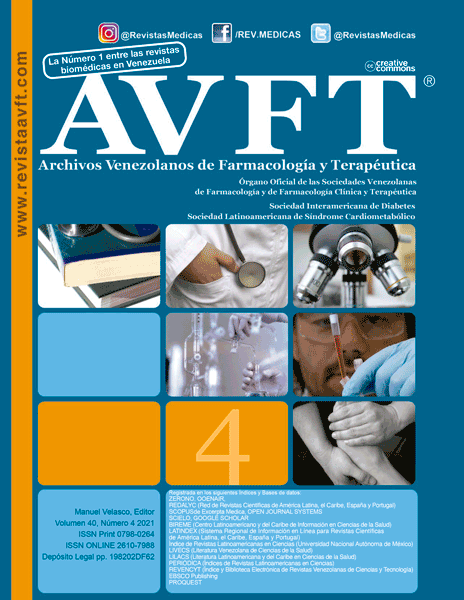Complications of Port-A-Cath using for chemotherapy, drugs, and fluid administration in Mosul city
Keywords:
chemotherapy, venous access, cancer therapy, PortacathAbstract
Port-A-Cath PAC has been increasingly used in cancer patients undergoing long term chemotherapy, however, no previous study has been done in Mosul for verifying its associated complications with chemotherapy administration.
Patients and methods: This is a prospective, observational study that evaluated early and late complications and efficacy of US-guided puncture of the right internal jugular vein (RIJV) for PAC placement. It was conducted on patients who were diagnosed and treated in Mosul Oncology Hospitals in the period from Nov. 2017 to Nov. 2019 and had PAC for chemotherapy, drugs, blood and fluid administration. 93 patients were included in this study and followed up for at least 8 months.
Results: Of the 93 included patients, there were 50 (53.7%) male and 43 (46.2%) female patients. Their mean age was 51, with a range from 17-80 years. Early complications were found in 14 (15 %) patients and late complications were found in 13 (13.9%) patients. No pneumothorax complication was reported in our study. Mal-position was occurred in 4 patients who underwent implantation without screening. Pulmonary embolism was never found. Wound bleeding was developed in 3 patients. The accidental arterial puncture occurred in 6 patients for whom PAC was inserted without US guidance and managed simply by direct pressure without surgical intervention. Thrombosis was developed in 3 patients that required anticoagulant therapy, mild and superficial wound infection occur in 7 patients.
Conclusion: According to our data, it is safe and cost-effective to use PCA in our patients for their psychological satisfaction and prevention of peripheral vein complications and difficulties in getting venous access. In addition, the port can be used in different ways like antibiotic injections, blood transfusion, fluid administration together with the chemotherapy.




